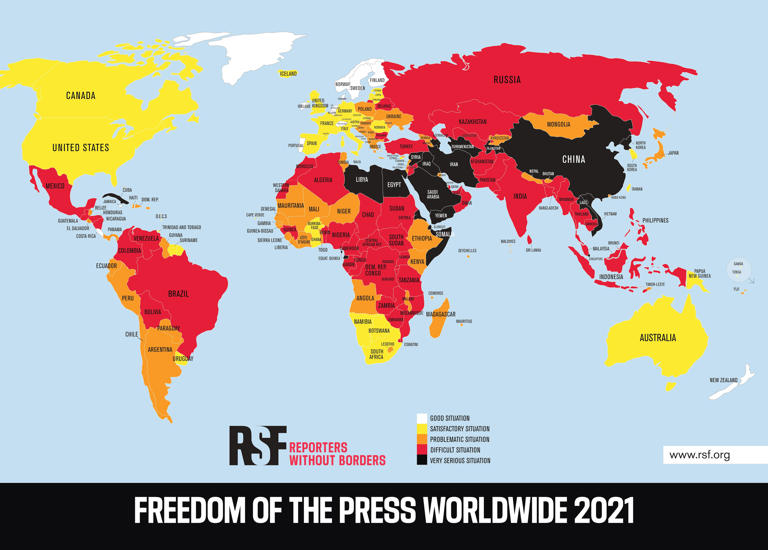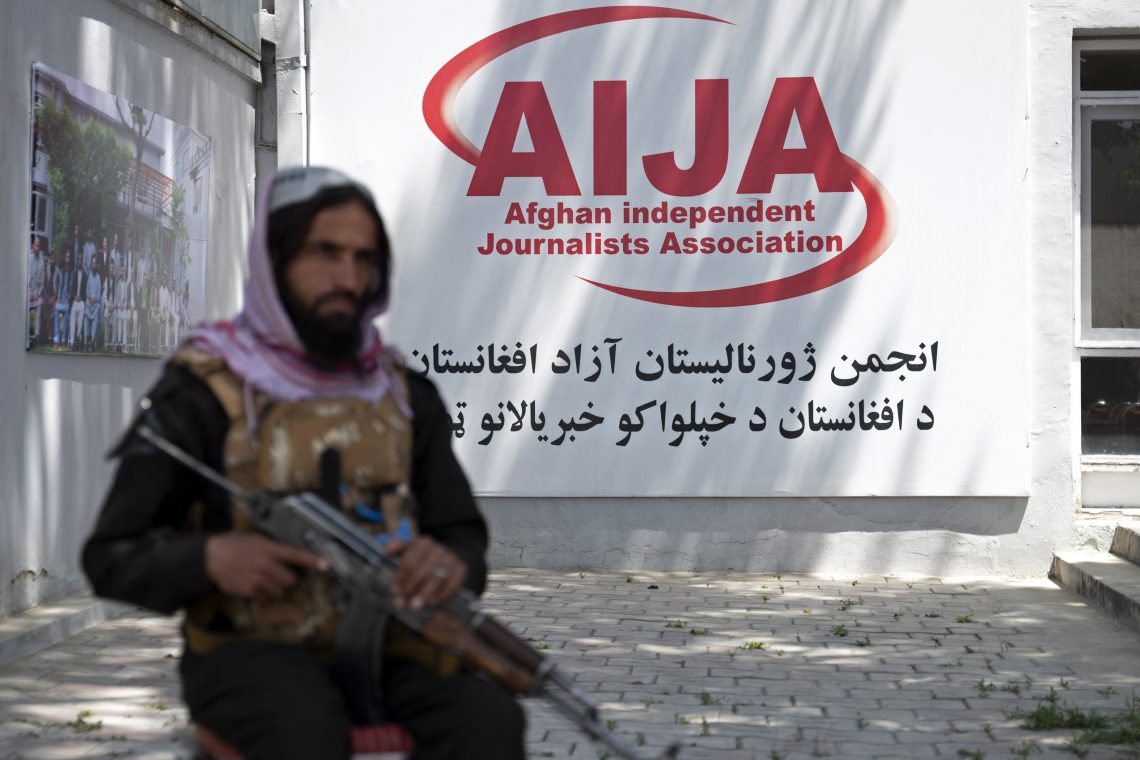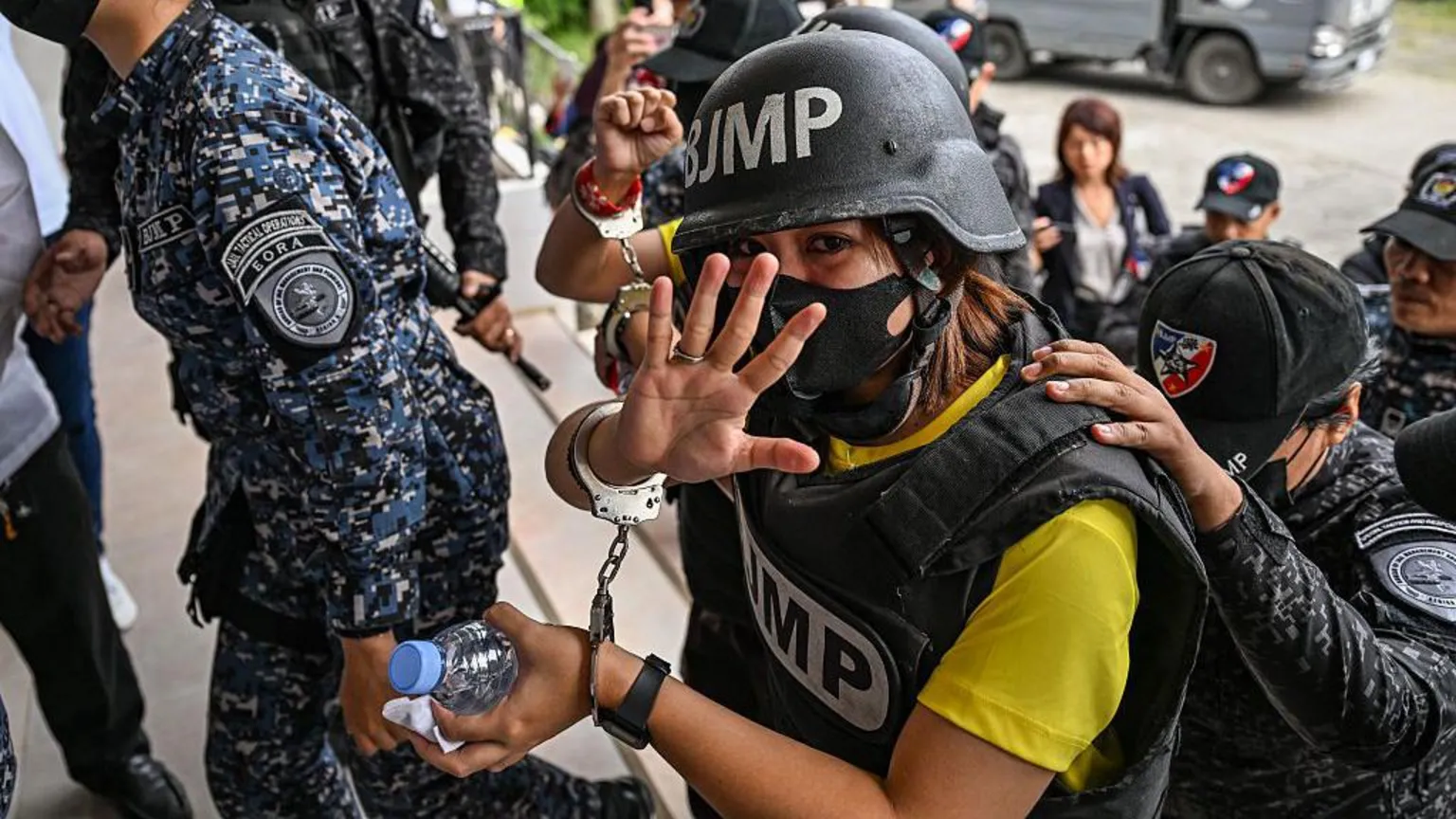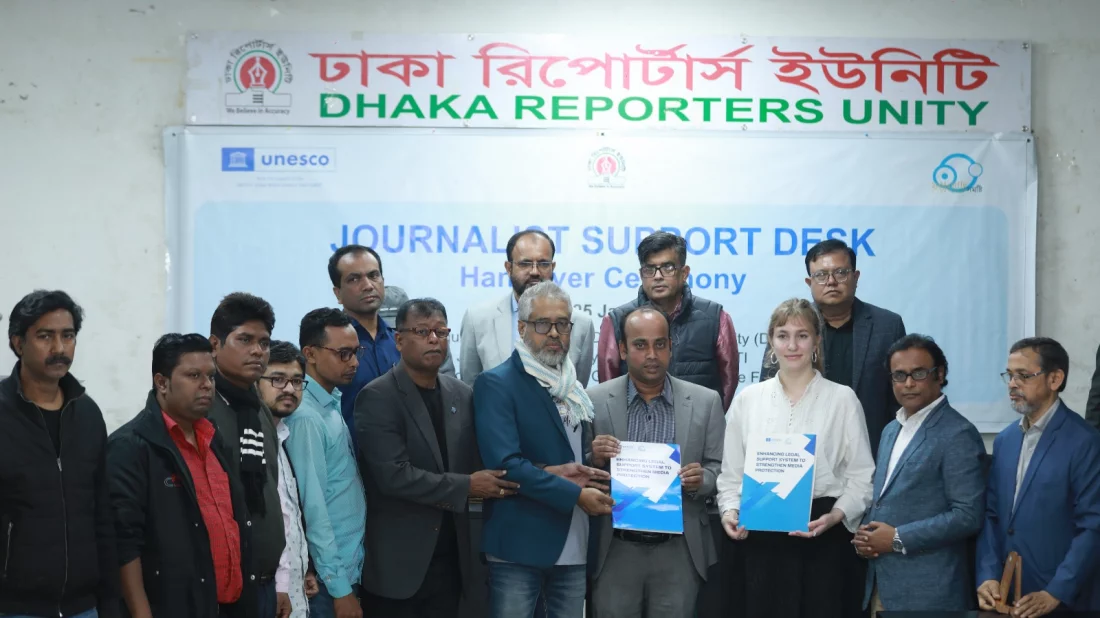
Palestinian Journalism Student Shatha al‑Sabbagh Killed by PA Forces in Jenin
December 29, 2024
Kyrgyzstan’s Arrest of 11 Journalists Marks Alarming Authoritarian Shift
December 30, 2024December 30, 2024 – India –
India has been ranked among the most perilous countries for journalists in 2024, with four media professionals killed and many others facing harassment, intimidation, and legal threats. According to The Hindu and international press freedom watchdogs, a total of 31 journalists have been killed in India over the past decade, underscoring a troubling pattern of violence and impunity that has intensified in recent years.
The year 2024 witnessed several journalist deaths linked to investigative reporting on corruption, organized crime, and political misconduct. One high-profile case involved a reporter in Chhattisgarh who was murdered after exposing a ₹120 crore road scam. Such attacks are not isolated; they reflect a growing culture of intolerance toward critical journalism, especially in rural and conflict-prone regions.
In addition to physical threats, Indian journalists increasingly face judicial harassment. Laws such as the Unlawful Activities (Prevention) Act (UAPA) and sedition provisions have been used to arrest reporters, particularly in sensitive areas like Kashmir. The case of Irfan Mehraj, a Kashmiri journalist arrested under anti-terror laws, drew widespread condemnation from press freedom groups, who warned of a chilling effect on independent reporting.
Online abuse has also surged, with women journalists frequently targeted through coordinated campaigns of threats, doxxing, and hate speech. Reporters covering minority issues or human rights are especially vulnerable, facing both digital and physical harassment.
India ranked 161 out of 180 countries in Reporters Without Borders’ 2024 World Press Freedom Index, reflecting deteriorating conditions for journalists. The country’s democratic institutions have come under scrutiny for failing to protect the press, as over 80% of journalist killings in the past decade remain unsolved.
Experts and advocacy groups are calling for urgent reforms, including stronger legal protections for journalists, prompt investigations into attacks, and an end to the misuse of national security laws against the media. Without decisive action, India risks further eroding press freedom—a foundational pillar of any vibrant democracy.
Reference –




